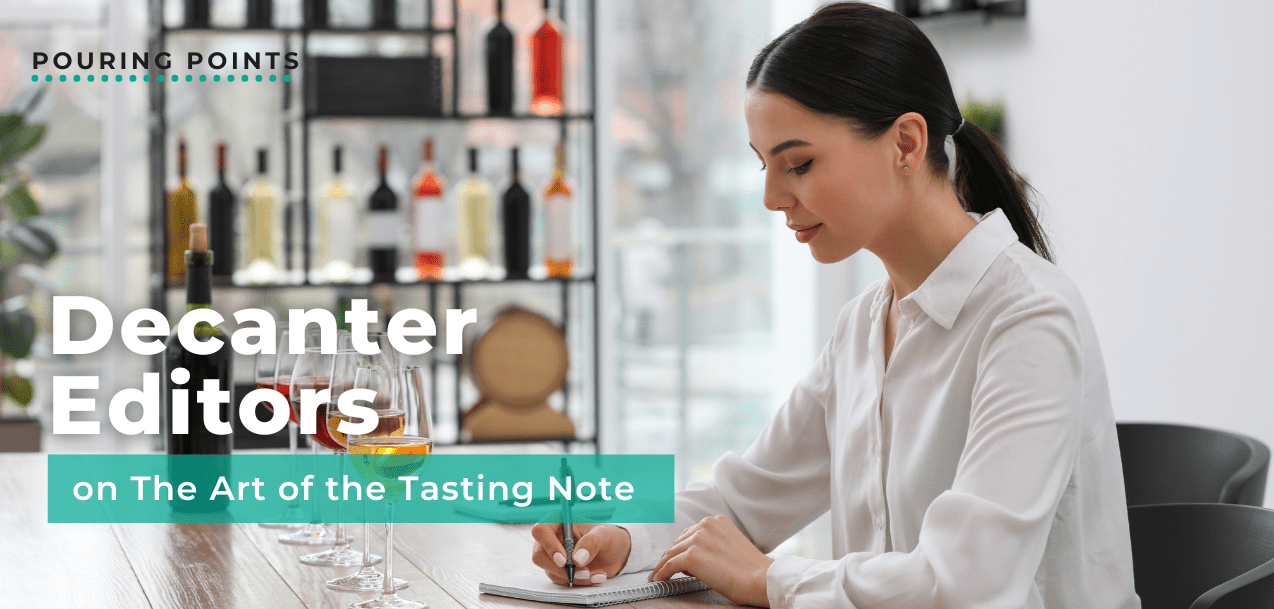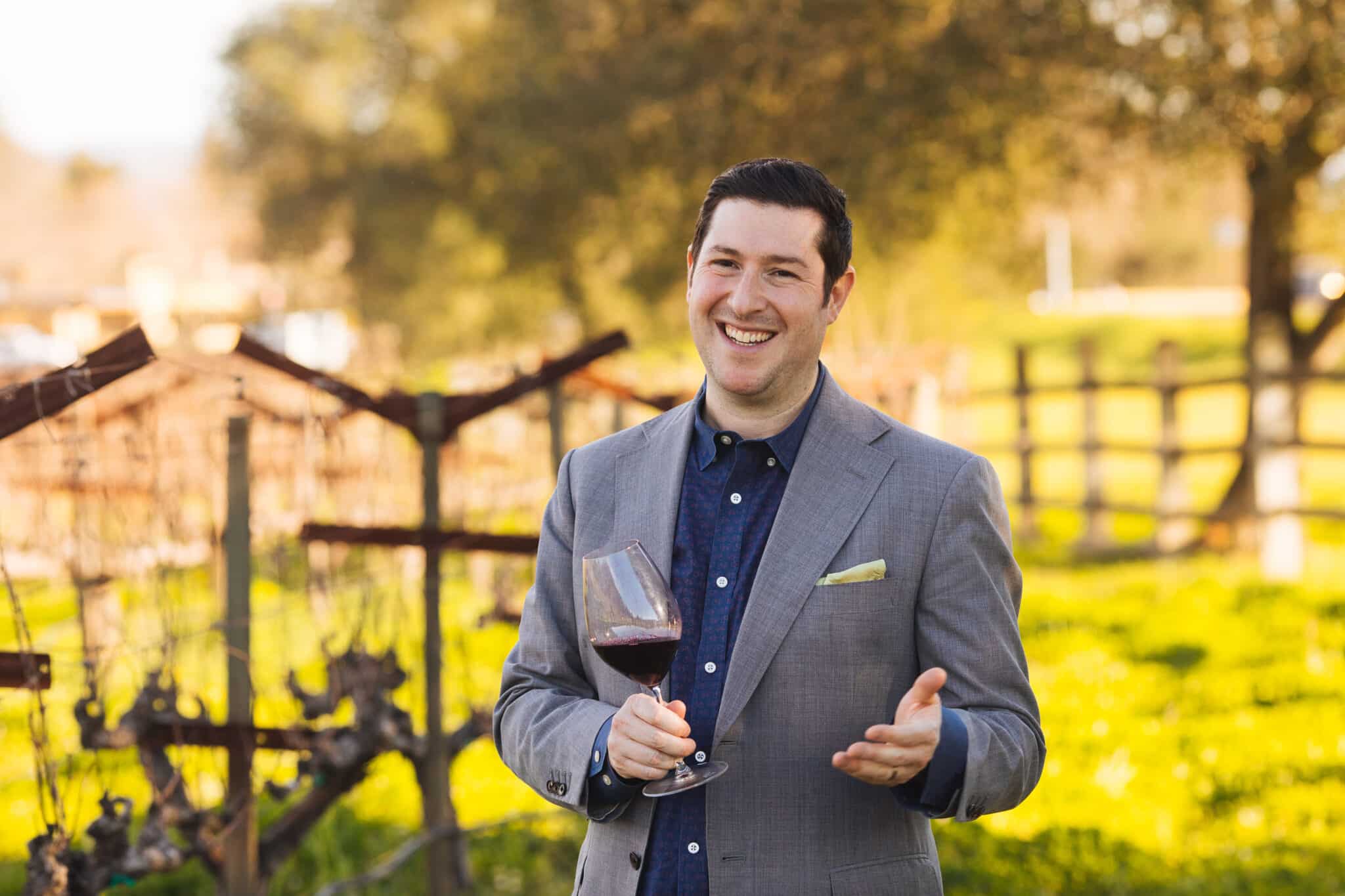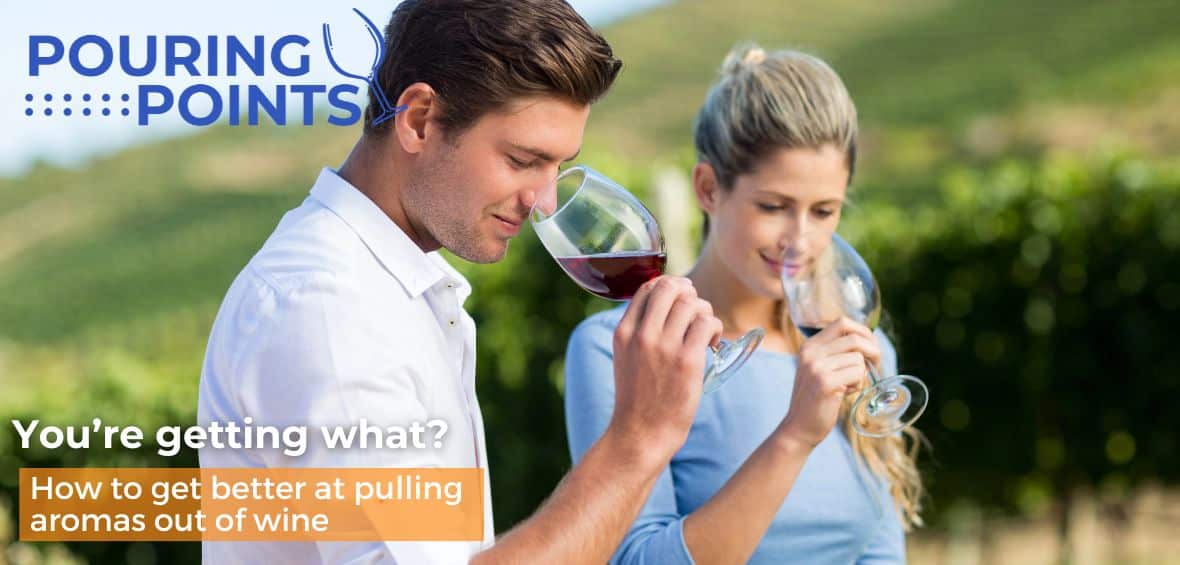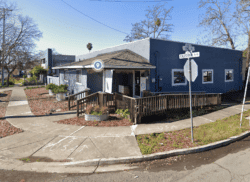We asked three of Decanter Magazine’s US contributors to tell us about their approach to writing tasting notes. This is what they had to say.
Because we’re a wine school dedicated to the advancement of wine knowledge through the Wine and Spirit Education Trust (WSET), a UK-based organization that has created foundational learning courses that lead people around the globe to careers in wine — we thought we’d shine a spotlight on the WSET’s Systematic Approach to Tasting Wine by talking to professional wine tasters who review wine for a living.
We wanted to know if they employ the elements of the Systematic Approach in their daily work tasting and reviewing hundreds, if not thousands of wines annually. Last fall, Decanter Magazine announced that it had enlisted a U.S. team to ramp up coverage of the American wine scene. Clive Pursehouse, based in Seattle, was named the U.S. Editor, and Jonathan Cristaldi, a former NVWA student, regular contributor, and editor of our NVWA Articles, was named Napa Correspondent. Recently, another former NVWA student, J’nai Gaither, was named the magazine’s Sonoma Correspondent.
We asked Clive, J’nai, and Jonathan the same three questions about their approach to writing tasting notes. Their responses are below. We hope their insights and advice become valuable tools for you, no matter what stage you’re in, for the practice of writing excellent wine-tasting notes.
NVWA: The WSET teaches us to describe the sight, smell, flavors, textures, and finish of wine when composing a tasting note. Do you tend to follow that order, or as your experience has evolved, have you come up with a structure all your own?
Clive Purhsehouse: I came up with my own approach, but it’s a function of what I’ve seen, read, and watched work for others around me. Though, probably most importantly, what I’d want to read about a wine is what I try and write about it. It makes sense to start with initial impressions before tasting, I don’t always include notes on the appearance of the wine, and I can’t think of a good reason as to why. I do not usually remark on it unless it’s something outside the norm. So, I expect Pinot to look a certain way, and if it looks that way, I don’t find it awfully remarkable or noteworthy; if it’s particularly light, or bright, or dark, I may make a note of that.
NVWA: You taste hundreds of wines, if not thousands, per year. How do you keep it interesting for today’s wine drinkers?
Clive: This is not easy. Anyone who says that writing tasting notes, particularly for large tastings or for a vintage report is not tedious work is full of bologna, and by that, I mean fantastic cuisine from Emilia-Romagna.
I look for inspiration, not to sound corny, but I might go to a farmers markets and grab some obscure heirloom fruits. Making sure to get the names of whatever odd plum I’m trying, I live next to a huge park with tons of wildflowers this time of year.
I use a plant app to identify them. Sometimes it’s as simple as using Google to find other kinds of figs, or frankly Thesaurus.com
NVWA: What advice, wisdom, or warning would you pass on to those writing tasting notes today?
Clive: Be reasonable and try not to get too cute. Be honest and use relatable analogies that make your writing approachable.
NVWA: We all typically learn to describe the sight, smell, flavors, textures, and finish of wine when composing a tasting note. Do you tend to follow that order, or, as your experience has evolved, have you come up with a structure all your own?
J’nai Gaither: I usually don’t discuss sight unless there’s something unusual about it, like, say, it’s cloudy due to no filtration, or if the color is uncannily brilliant in some way. Otherwise, the wine is either red, white pink or amber. Nothing fancy. I don’t think consumers care much about what it looks like unless it’s flawed. The only time I’ll include sight is if it’s required on a formal wine exam.
I let the wine dictate the structure of what I want to say. If the acid profile jumps out first, I’ll let that lead. If the fruit is muted or if it’s abundantly three-dimensional, that will be the focus of my note, with other aspects playing a secondary role in the resulting note.
NVWA: You taste hundreds of wines, if not thousands, per year. How do you keep it interesting for today’s wine drinkers?
J’nai: Tasting notes should have some redeeming value to them, i.e. give pertinent information to the consumer, because some consumers do indeed use notes to decide what they want to purchase. Making them relatable is key. I can do that by using analogies or allusions to certain aspects of life. Gone are the days of technical notes that read like stereo instructions. We’re ushering in a new era of tasting notes to appeal to different generations of consumers, and that’s only done by being able to meet them where they are.
I personally read others’ tasting notes for pure literary enjoyment. If I want to taste a wine, I’ll taste it, and someone’s tasting note isn’t really going to sway my decision one way or another. I just like to read them because there’s pure poetry in some of them.
NVWA: What advice, wisdom, or warning would you pass on to those writing tasting notes today?
J’nai: Ensure that you balance the creativity with informational value as best you can. There’s nothing more horrible than reading something that leaves you confused or, worse still, angry because you’ve wasted minutes reading nothing but filler and fluff. Though tasting notes have evolved over time, their function is the same as it’s always been: to educate and inform. Now, how you do that is up to you.
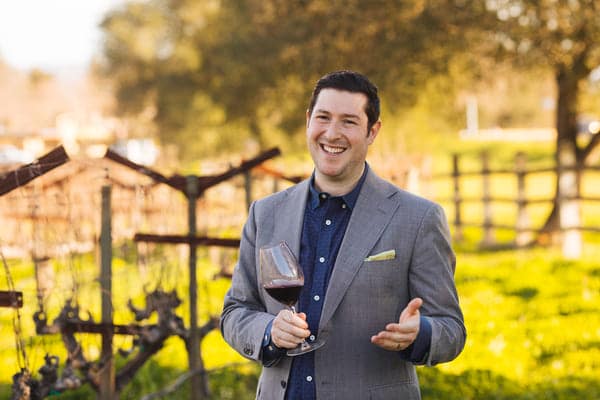
NVWA: We all typically learn to describe the sight, smell, flavors, textures, and finish of wine when composing a tasting note. Do you tend to follow that order, or, as your experience has evolved, have you come up with a structure all your own?
JC: Having applied the WSET’s systematic approach to tasting for years, I find that I rarely gravitate away from it — the sight of a wine is immediately indicative of so many factors, which can be confirmed or surprising on the bouquet, and then qualified on the palate. But I do like to have a look, sniff, and sip immediately without thinking too hard, to give myself an overall impression of the wine. I’m looking for things like does it exhibit elegance over power? Is it tight or open? And I’m looking for a delicious factor — is it immediately pleasing, or is it a wine that needs time to open or age to reveal its fuller self?
NVWA: You taste hundreds of wines, if not thousands, per year. How do you keep it interesting for today’s wine drinkers?
JC: I think it’s a question that needs to be asked over and over — continuously, and as a taster, it’s a direct challenge to me to always keep up with current trends and to think about what I’m writing and how it will resonate. I’m guilty of including a lot of descriptions of fruit, spices, and the flavors that I perceive, but I also try to balance that with textures and comments on the structure.
NVWA: What advice, wisdom, or warning would you pass on to those writing tasting notes today?
It’s imperative that when writing tasting notes with the intention to review wines for criticism, there’s an understanding of the house style of the winery — and an awareness of the evolution of that style. Otherwise, your criticism could be misguided. I’ll use the example of reviewing very fine wines from the To Kalon vineyard in Oakville, Napa. Not all To Kalon wines are created equal, and some are more heavy-handed with oak, while others err on the more finesse-driven side. So, you can’t compare one to another. You’ve got to compare it only to itself and the site and understand what portion of To Kalon it comes from and what the soils are like from that portion, and how that informs the style of wine being made. From there, you’ve got to understand who is making the wine — and how their approach informs the end result.
Writing tasting notes for class or fun and personal memory, I think, is more about being true to your own palate preferences. So, coming up with a shorthand that is all your own might be fun. Above all, don’t get caught in the trap of sensationalizing a wine to hear yourself talk or reproaching a wine because you think you’re making a clever point. If you’re going to be negatively critical, make sure you have your facts straight and be prepared to defend your criticism. But I think it’s better to assume the best intentions and always give wines that show poorly a second try if they are a reputable label. Remember that the intention of writing a tasting note is to give someone a real sense of how a wine will taste — without having tasted it themselves.

